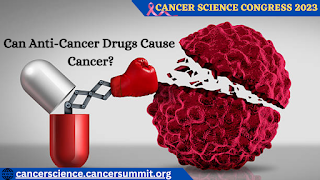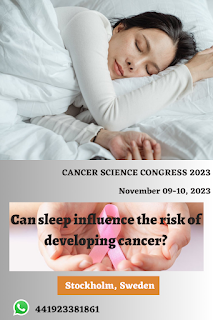Can Anti-Cancer Drugs Cause Cancer?

Anti-cancer Drugs target malignant cells that can reproduce rapidly. Normal cells, on the other hand, may be destroyed during chemotherapy as a result of mutations caused by these medications. Some anti-cancer medications can also produce free radicals that are damaging to normal cell DNA . Because each anti-cancer medicine has a unique molecular structure, it is thought that larger doses of these drugs may raise the chance of secondary cancer induction. Some of you may be surprised or shocked. However, investigations on the carcinogenicity of anti-cancer medications may be traced back to 1948. There have been numerous studies that have studied a wide range of anticancer medications since Haddow and colleagues first published their work suggesting the possibility of cancer induced by anticancer drugs. A study accumulated information regarding 37 anti-cancer treatments that were alleged to be carcinogenic by conducting a literature review of significant data. (Here's an excelle...
.png)
